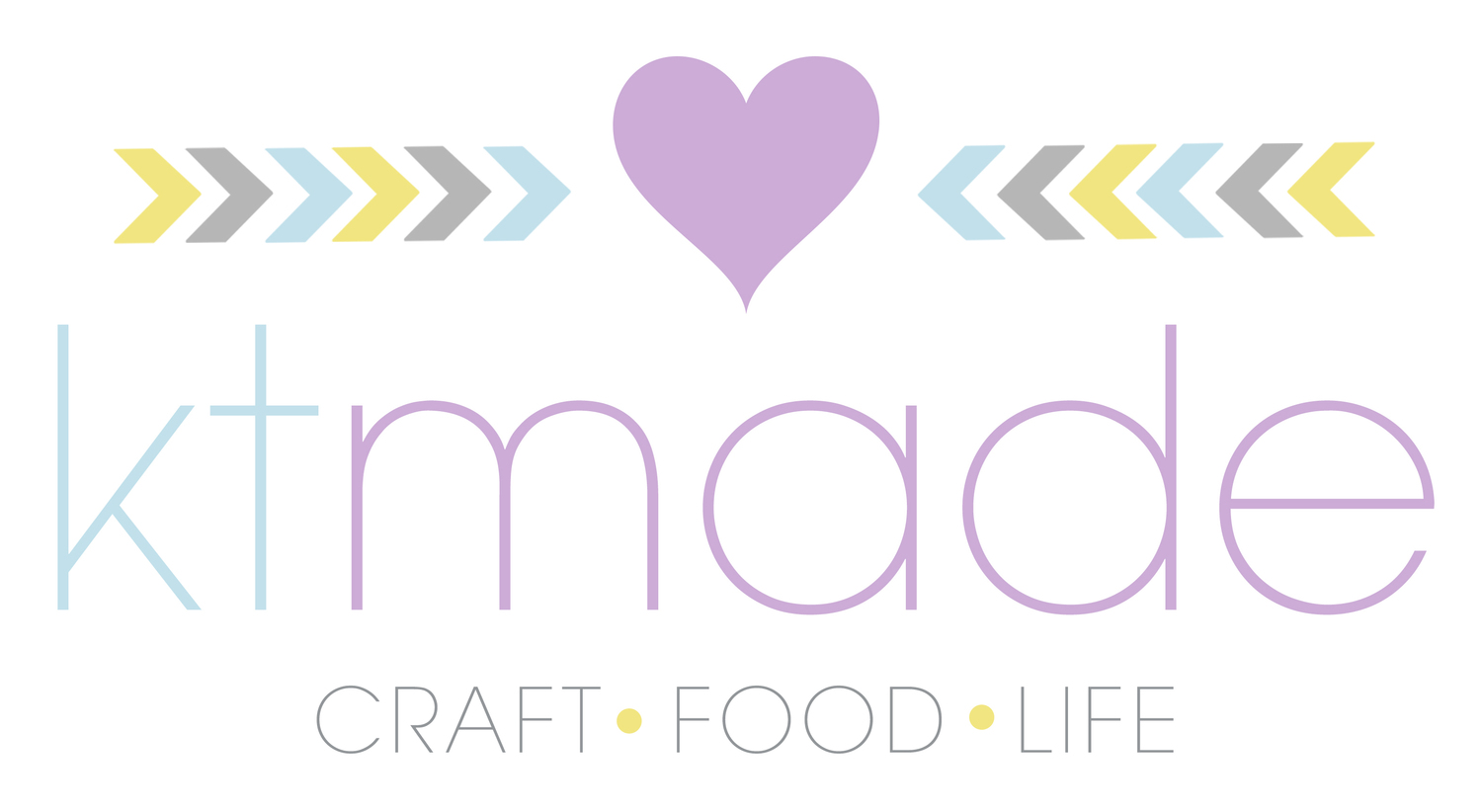Finding Kind and IndieFlix
/When I started middle school, my best friend from elementary school asked the “cool” girls if she could sit at their table. They said yes – as long as I didn’t join her. She couldn’t understand why I was upset when she took them up on their offer.
At a party in eighth grade, a girl I knew only marginally stopped me outside the bathroom and told me that she had a message for me from another girl at the party. The message – that I had a "horse face" and there was no way that the boy I liked (who I gathered the other girl liked too) actually liked me. On my way outside, I passed the girl who had sent the message. She didn’t look at me.
At another party that year, a group of girls berated a girl because of her sexual experiences. Word had gotten out that she was more sexually advanced than most of the rest of us. Someone called her a slut. Another girl made a dramatic run for the bathroom, saying she was so disgusted that she had to throw up. I don’t remember saying anything mean, but I also don’t remember coming to the berated girl’s aid.
Middle school was a rough time for me – as it is for many kids. I felt ugly and like I didn’t fit in. While I only remember a few specific events, I can recall the feelings of shame, embarrassment, and vulnerability in an instant. Some of them have never left me. For reasons I can’t quite wrap my head around, the comment about my horse face had lasting effects. I continue to have negative feelings about my teeth and my smile.
I don’t mean to be melodramatic. In fact, the opposite. There’s a normalcy to these experiences. Most people can call up plenty of times they were hurt by their peers as kids. And I don’t pretend that I was never the cause of any of these harms. As I suspect is often the case, I don’t remember them. What has stayed with me is my own pain.
So while I would never say that I was bullied and wouldn’t cry now about anything that happened to me back then, I could relate to some of the stories shared in the recently-released documentary Finding Kind. The film addresses girl-on-girl bullying by following its two creators across the country as they talk to girls and women about their experiences with the damage women do to each other.
I watched the film last weekend with my wife, and we talked for over an hour afterwards about our own experiences in school. I had mixed feelings about the film. I felt that it only brushed the surface of a topic that has become increasingly disconcerting with the advent of facebook and twitter. The film seemed to vacillate between tearful stories about painful incidents and images of flowery, bouncy girls holding hands or hugging. I wanted to see more thoughtful discourse about why bullying occurs and - if the film's creators' premise is true (that bullying and general meanness is worse between girls) - why it is amplified in the female community.
All that being said, the film struck me as perfect for a young audience. I could imagine myself as a middle school student watching it and being both buoyed by the realization that I was not alone and reminded to keep a careful eye on my own behavior so that I would always lean towards kindness. Of course, it is worth noting that I had lots to say about the topic once the film was over, and I've thought about it fairly consistently since then. So if the documentary encourages thinking and dialogue about how we can all be kinder in our communities, then it's a good step in my book.
It's worth a watch for young girls, for educators, for parents, and maybe for anyone who still holds onto some pain (even tiny pain) from those years. I'm not sure whether bullying is worse in the female community or if it's just different. I think this movie could start a dialogue with boys as well about situations where they've felt bullied or have been a bully themselves. In the film, whenever they pulled out a group of girls to have these discussions, I hoped that someone was talking to the boys in a different room. It seems clear to me that, while girl-on-girl bullying might be worse or have its own issues, no child is immune from the pain that can be wrought by the mean words and actions of their peers.
I'm interested in hearing about your childhood experiences and where you think the line is between "kids being kids" (boys or girls) and bullying. Did you feel like you were bullied? Did you bully other kids? Was it worse with girls?
For those of you who are interested in watching Finding Kind, I have good news. The film airs until May 24 on IndieFlix*, a subscription service that shares independent films and provides significant revenue back to the filmmakers themselves. To the first 10 readers that comment on this post, IndieFlix has provided me with codes for a free two-month subscription. So not only can you watch Finding Kind, you can search their whole library of independent films. And you don't have to give any credit card information. If you want to continue with a paid subscription after your two months, you just sign in and pay at that point. Be sure to leave me an email address so that I can send you the subscription link.











